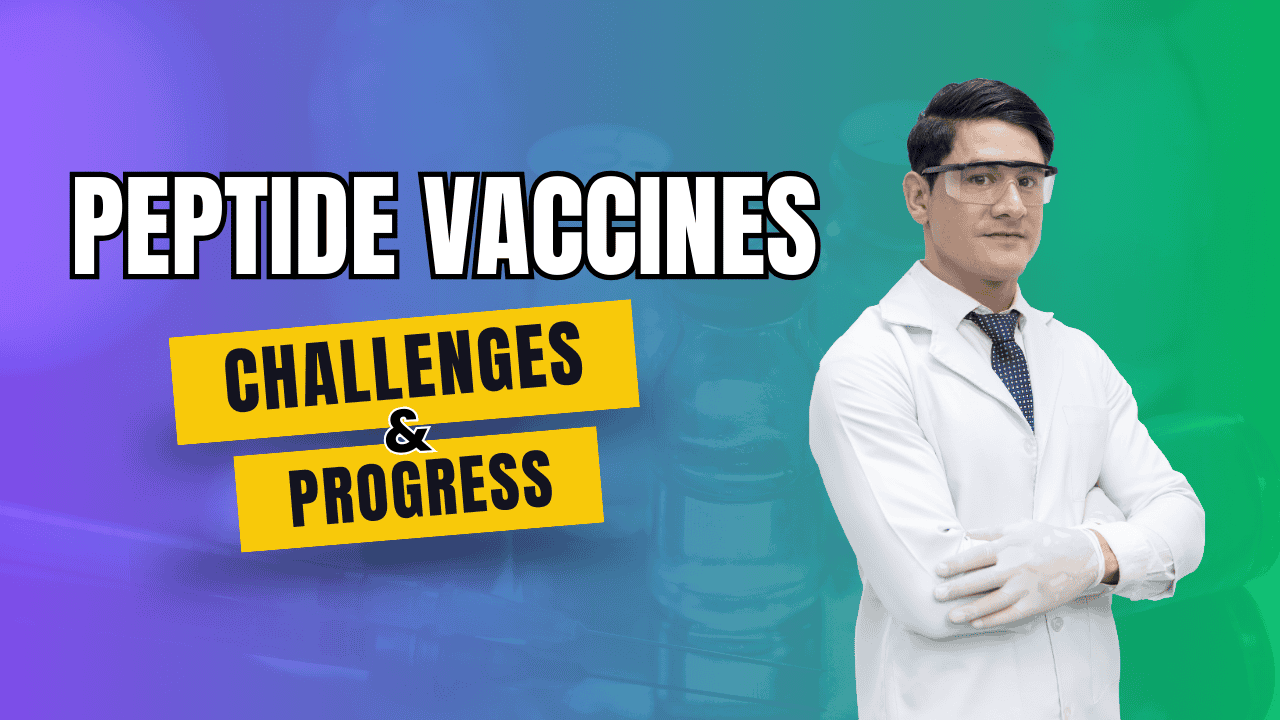
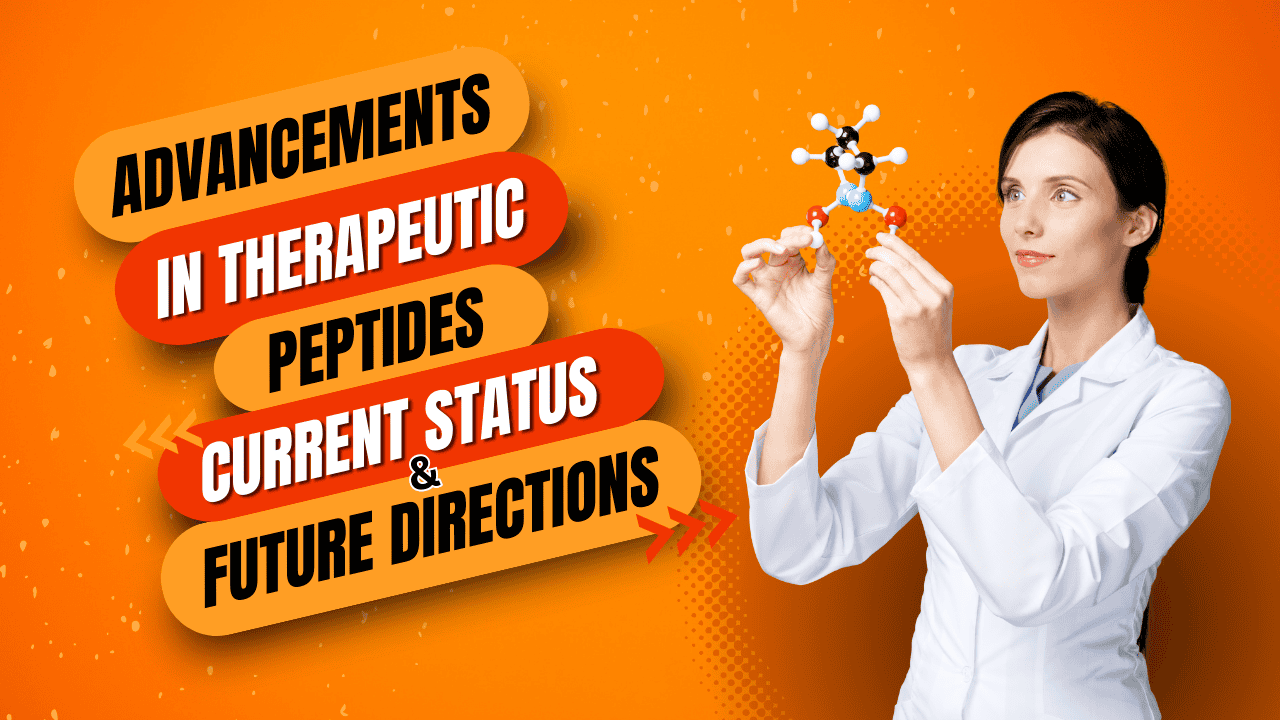
In this blog, we delve into the fascinating world of peptide therapeutics, exploring the history, the current state of peptide drug discovery, and the future directions that hold promises of revolutionary treatments.
This article is worth reading for anyone curious about the strides being made in therapeutic peptides and their potential to transform modern medicine.
Peptide therapeutics, in simple terms, are short chains of amino acids designed to mimic the structures of natural peptide and protein hormones, enzymes, and antibodies. These peptides are modified to enhance their stability and efficacy as drugs.
Historically, the therapeutic use of peptides dates back to the discovery of insulin in the 1920s. Fast forward to today, peptide drugs have been approved for various conditions, signifying substantial progress over the decades.
Therapeutic peptides work by binding to specific receptors on cell surfaces, initiating a cascade of biological effects. For example, the glucagon-like peptide 1 works by enhancing insulin secretion, pivotal in diabetes management.
The development of peptide drugs involves several stages, including discovery, preclinical development, and clinical trials. The synthesis of peptide drugs requires meticulous planning to ensure they effectively target disease pathways.
The challenges in peptide drug development are multifaceted, ranging from synthesis and stability to delivery mechanisms. Overcoming these obstacles necessitates innovative approaches in peptide chemistry and drug design.
Advances in the formulation of peptide drugs have led to improved stability, bioavailability, and targeted delivery systems. Such innovations are paving the way for more effective peptide-based therapeutics.
Therapeutic peptides are versatile and can be used to treat a wide array of diseases, including cancers, metabolic disorders, and infectious diseases, thanks to their specificity and minimal side effects.
In oncology, peptide therapeutics have shown promise in targeting specific tumor markers. For instance, novel peptide ligands targeting prostate cancer cells are currently in development.
Cardiovascular diseases can also benefit from peptide drugs like cyclic peptides, which have been shown to inhibit blood clot formation, offering new avenues for treatment.
Peptide therapeutics, especially antimicrobial peptides, are gaining traction in the fight against resistant infections, providing an effective alternative to traditional antibiotics.
Glucagon-like peptide 1 analogues have revolutionized the treatment of metabolic disorders, particularly type 2 diabetes, by improving blood glucose control and promoting weight loss.
Clinical development of therapeutic peptides encompasses several phases, including Phase I (safety and dosage), Phase II (efficacy and side effects), and Phase III (large-scale efficacy). These phases ensure the peptide drug is effective and safe for public use.
Success stories include the development of insulin and glucagon-like peptide 1 analogues, which have significantly impacted diabetes management and improved patient quality of life.
Common pitfalls in clinical development include issues related to peptide stability and delivery. Addressing these challenges is crucial for the successful approval and use of therapeutic peptides.
New methods in the design of peptide drugs include the use of bioinformatics and computational modeling to predict peptide structures and interactions, enhancing their therapeutic potential.
Technological advances in the synthesis of peptide drugs, such as solid-phase peptide synthesis, have streamlined the production process, making it more efficient and cost-effective.
Bioinformatics plays a crucial role in peptide design by providing tools for the identification of peptide sequences with high therapeutic potential, minimizing trial and error in drug development.
Emerging technologies such as peptide stapling and cyclization are improving the stability and efficacy of synthetic peptides, opening new avenues for therapeutic applications.
Peptide drugs are meticulously designed to bind specific targets by optimizing their sequence and structure, ensuring high specificity and efficacy in therapeutic applications.
Molecular engineering techniques, including the incorporation of non-natural amino acids, enhance the properties of peptides, making them more robust and effective as therapeutic agents.
The stability of peptide drugs can be enhanced through various modifications, such as peptide conjugation and cyclization, which protect against enzymatic degradation and prolong their therapeutic activity.
Regulatory challenges for peptide therapeutics include stringent safety and efficacy requirements. Navigating these regulations necessitates thorough documentation and robust clinical data.
Key regulatory pathways for peptide drugs involve the FDA and EMA guidelines, which dictate the approval process from preclinical studies to clinical development and post-market surveillance.
Best practices for regulatory approval of peptide drugs include early engagement with regulatory bodies, robust preclinical and clinical data, and clear documentation of safety and efficacy.
The current market for peptide therapeutics is booming, with numerous drugs achieving blockbuster status, reflecting the growing enthusiasm for peptide-based treatments.
The future market potential of peptide drugs is immense, driven by continuous innovations and the growing demand for targeted therapies with fewer side effects.
Key players in the peptide therapeutics market include pharmaceutical giants like Novo Nordisk, Amgen, and smaller biotech firms specializing in peptide drug development.
Investment trends in peptide therapeutics show increasing venture capital funding, reflecting the high growth potential and promising future directions in this field.
Recent advances in peptide drug delivery methods, such as nanoparticle encapsulation and microneedle patches, are enhancing the efficacy and patient compliance of peptide drugs.
Challenges in peptide drug delivery include ensuring peptide stability and bioavailability. Innovative delivery systems aim to overcome these hurdles and improve therapeutic outcomes.
Nanotechnology is revolutionizing peptide drug delivery by enabling targeted delivery and controlled release, minimizing side effects and enhancing therapeutic efficacy.
Oral delivery of peptide drugs is a hot topic, with current developments focusing on overcoming the gastrointestinal barriers to ensure effective systemic absorption.
Peptide conjugation involves linking therapeutic peptides to other molecules, such as drugs or imaging agents, to enhance their efficacy and targeting capabilities.
The benefits of peptide drug conjugation include improved pharmacokinetics, targeted delivery, and reduced toxicity, making it a powerful tool in drug development.
Applications of peptide conjugation include targeted cancer therapies, where peptides are conjugated with cytotoxic agents to direct them specifically to tumor cells.
Successful case studies in therapeutic peptides include the development of insulin analogues and antimicrobial peptides, which have revolutionized the treatment of diabetes and resistant infections.
Failures in peptide therapeutics, such as the instability and rapid degradation of some peptide drugs, have provided valuable lessons for designing more robust and effective therapies.
Lessons from case studies highlight the importance of peptide stability, targeted delivery, and comprehensive clinical evaluation to ensure the success of peptide therapeutics.
Resistance to peptide drugs can arise from genetic mutations in target receptors or upregulation of degrading enzymes, necessitating innovative strategies to overcome these issues.
Strategies to overcome resistance include modifying the peptide sequence to enhance binding affinity and stability, and combining peptide drugs with other therapeutic agents.
Future research directions will focus on understanding the mechanisms of resistance and developing next-generation peptide drugs to combat resistant infections and diseases.
Peptide therapeutics are at the forefront of personalized medicine, allowing treatments to be tailored to the individual’s genetic makeup and disease characteristics.
Peptide therapeutics can be personalized by designing peptide sequences specific to genetic mutations or biomarkers unique to the patient’s disease, enhancing efficacy and reducing side effects.
The benefits of personalized peptide therapeutics include increased treatment precision, improved therapeutic outcomes, and reduced adverse effects, making them a promising approach in modern medicine.
Emerging research trends include the development of multifunctional peptides, peptide vaccines, and AI-driven peptide design, which hold promise for advancing peptide therapeutics.
AI and machine learning have the potential to revolutionize peptide development by predicting peptide sequences with high therapeutic potential and optimizing drug design.
Genetic engineering will play a critical role in future peptide therapeutics by enabling the production of modified peptides with enhanced stability, efficacy, and specificity.
Novel drug delivery systems, such as peptide nanoparticles and implantable devices, will significantly impact future peptide therapeutics by improving delivery, reducing dosage frequency, and enhancing patient compliance.
Common safety concerns in peptide therapeutics include potential immunogenicity, off-target effects, and degradation by enzymes, which must be addressed to ensure safe use.
The efficacy of peptide drugs is evaluated through rigorous preclinical studies and clinical trials, examining patient outcomes, biomarker responses, and overall therapeutic benefits.
Strategies to improve safety and efficacy include modifying peptide sequences, enhancing stability, and using advanced delivery systems to ensure targeted and sustained therapeutic effects.
Therapeutic peptides are short chains of amino acids designed to mimic naturally occurring peptides in the body, often modified to enhance their stability and effectiveness. They are used to treat a range of diseases by targeting specific pathways or receptors. Peptides represent a growing class of therapeutic agents due to their specificity and minimal side effects.
Yes, there are potential downsides to taking peptides. Depending on the type and formulation, side effects can include allergic reactions, injection site reactions, and gastrointestinal issues. It’s crucial to consult healthcare providers before starting peptide therapy to ensure safety and compatibility with other treatments.
Commonly used peptides include insulin for diabetes, vasopressin for diabetes insipidus, and glucagon-like peptide-1 (GLP-1) analogs for type 2 diabetes. Approved peptide drugs like liraglutide have been pivotal in treating metabolic disorders. Many peptides are currently used due to their effectiveness and specificity.
Peptides offer numerous benefits:
Peptides can promote tissue repair, enhance immune function, improve metabolic regulation, and provide targeted cancer therapy. Bioactive peptides derived from food sources can also support overall health, making them valuable in both medical and wellness contexts.
Using peptides daily can be safe if prescribed and monitored by a healthcare provider. Long-term use should be carefully managed to avoid potential side effects and ensure compatibility with other medications. It’s essential to adhere to prescribed doses and guidelines.
Peptides should not be mixed with:
Top peptides include:
The four types of peptides are:
Top-selling peptide drugs include:
Dr. Richard DiMarchi is an eminent figure in the field of peptide therapeutics, boasting an illustrious career spanning over three decades. His pioneering work in the development of peptide hormone analogs has revolutionized treatments for diabetes and obesity. Dr. DiMarchi’s expertise encompasses not only peptide drug discovery but also the synthetic modification of peptide hormones to enhance therapeutic efficacy and stability.
Dr. DiMarchi’s notable publications include:
Dr. DiMarchi has received numerous honors, including the American Chemical Society’s Heroes of Chemistry Award and the National Academy of Inventors Fellow, affirming his authority and considerable contributions to the field of peptide therapeutics.
Dr. Jean Martinez is a distinguished scientist renowned for his contributions to peptide chemistry and drug development. With over four decades of experience, Dr. Martinez has made significant strides in the synthesis of peptides and the development of therapeutic peptides for various diseases, including cancer and infectious diseases.
Key publications by Dr. Martinez include:
Dr. Martinez’s work is characterized by its innovative synthesis techniques and profound impact on peptide drug development. He has been recognized with prestigious awards such as the European Peptide Society’s Josef Rudinger Memorial Lecture Award, underlining his trustworthiness and leadership in the field of peptide chemistry.
Kim, H. R., Taslakjian, B., Kim, S., Tirrell, M. V., & Guler, M. O. (2024). Therapeutic Peptides, Proteins and their Nanostructures for Drug Delivery and Precision Medicine. ChemBioChem. https://doi.org/10.1002/cbic.202300831
V, D., J, S. P., Rajeev, N., S, A. L., Chandran, A., B, G. G., & Sadanandan, S. (2022). Recent Advances in Peptides-Based Stimuli-Responsive Materials for Biomedical and Therapeutic Applications: A review. Molecular Pharmaceutics, 19(7), 1999–2021. https://doi.org/10.1021/acs.molpharmaceut.1c00983
Wanjale, M. V., & Kumar, G. S. V. (2016). Peptides as a therapeutic avenue for nanocarrier-aided targeting of glioma. Expert Opinion on Drug Delivery, 14(6), 811–824. https://doi.org/10.1080/17425247.2017.1242574
ALL ARTICLES AND PRODUCT INFORMATION PROVIDED ON THIS WEBSITE ARE FOR INFORMATIONAL AND EDUCATIONAL PURPOSES ONLY. The products offered on this website are intended solely for research and laboratory use. These products are not intended for human or animal consumption. They are not medicines or drugs and have not been evaluated or approved by the FDA to diagnose, treat, cure, or prevent any disease or medical condition. Any form of bodily introduction is strictly prohibited by law.


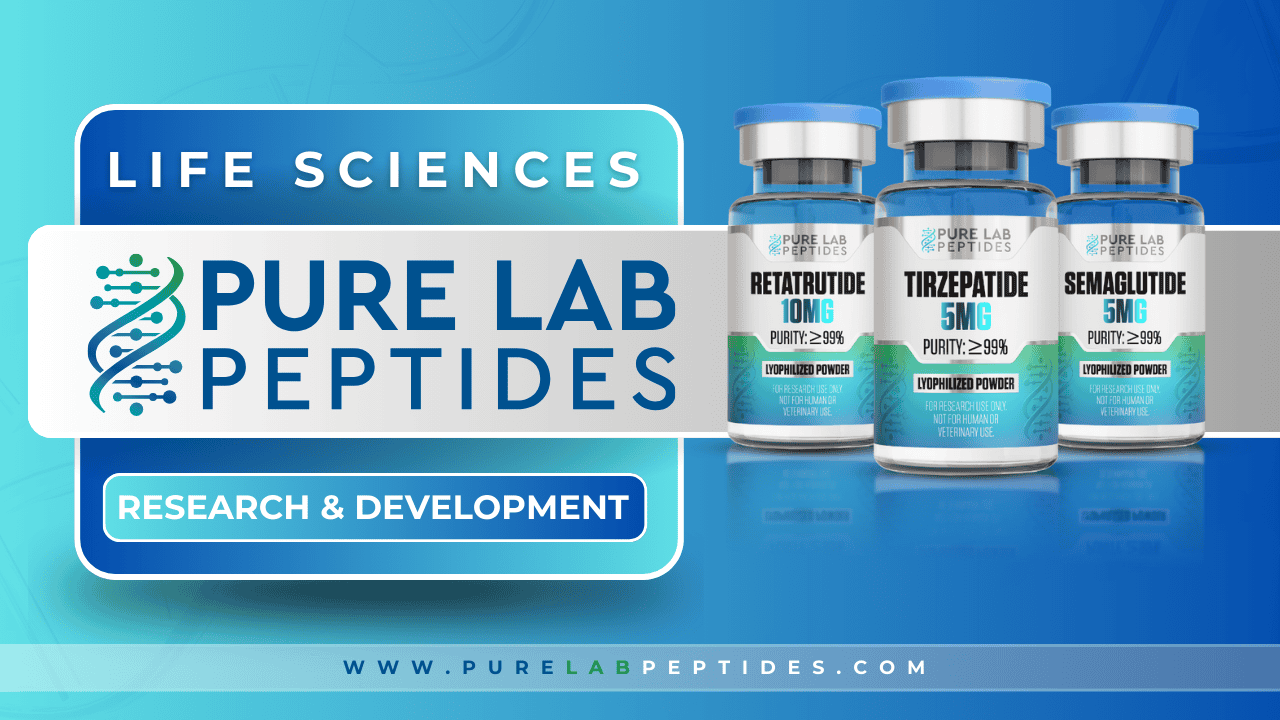
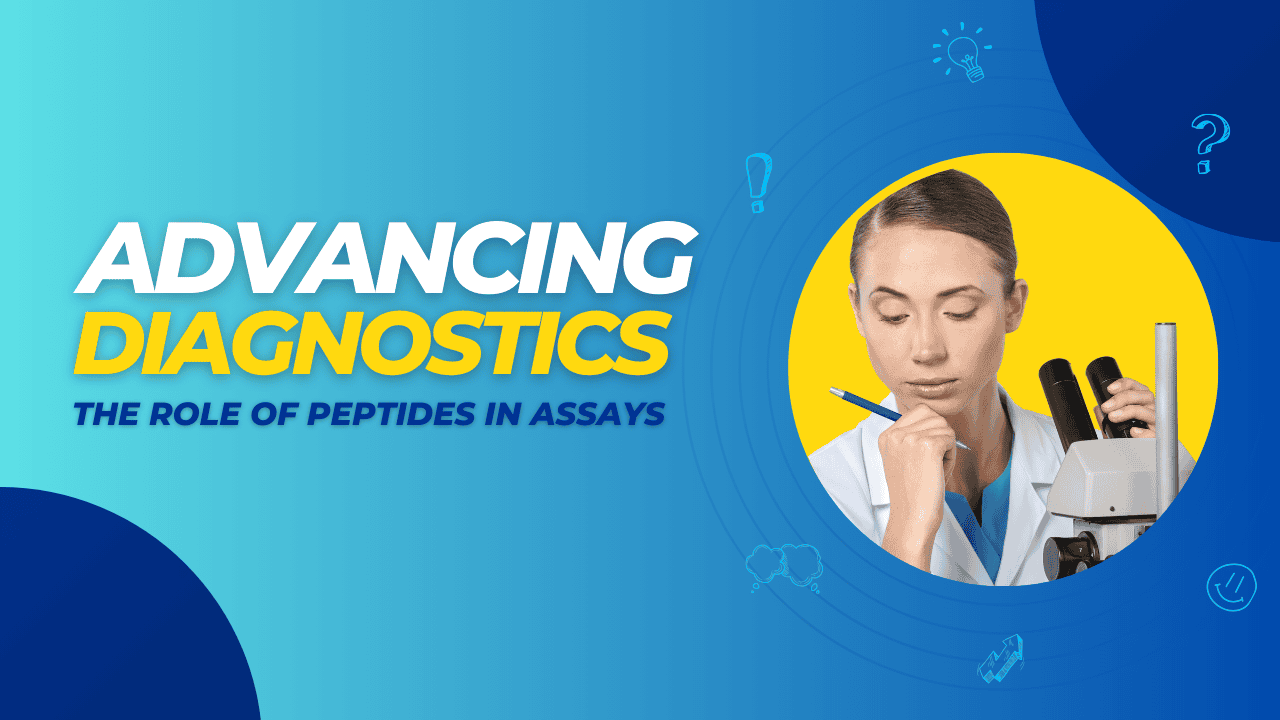

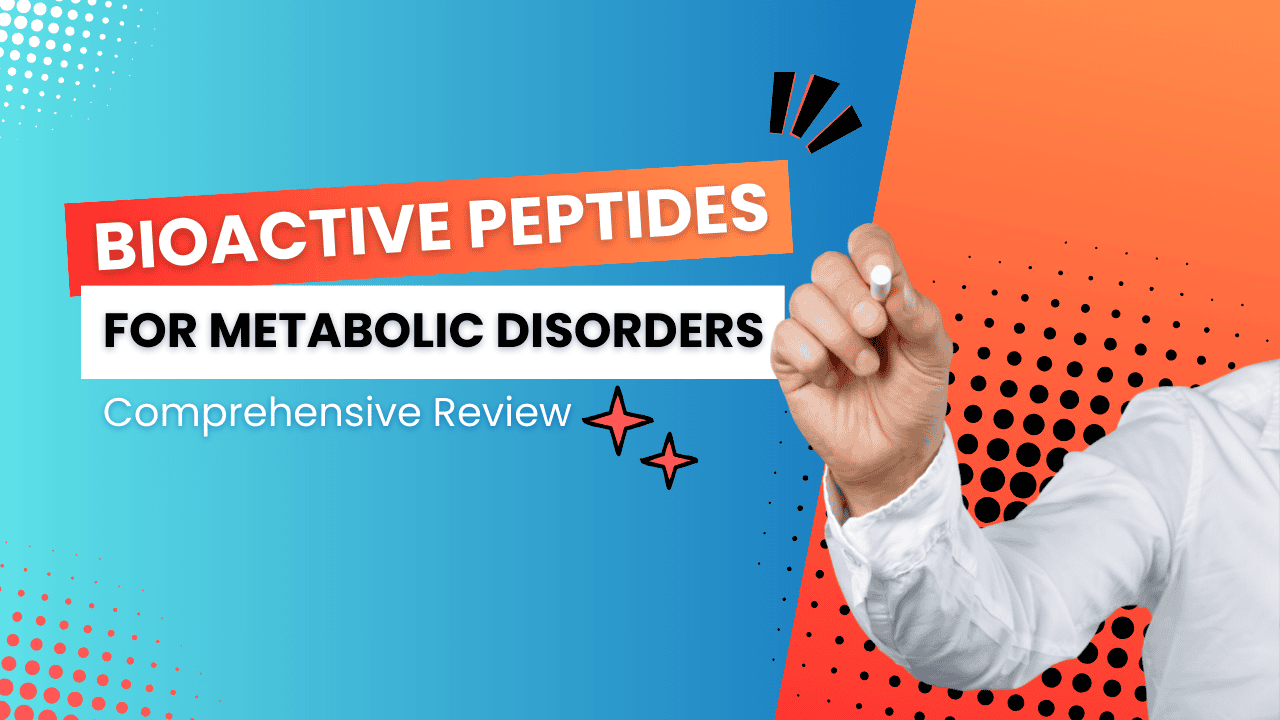
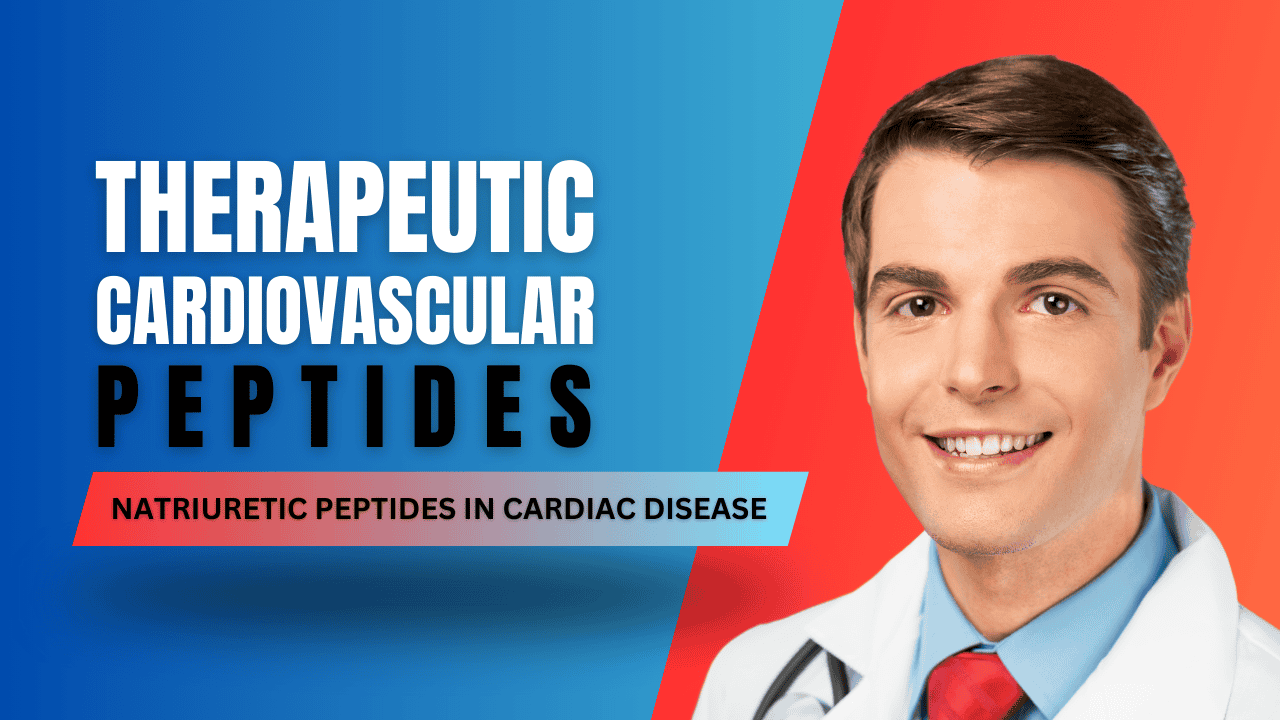

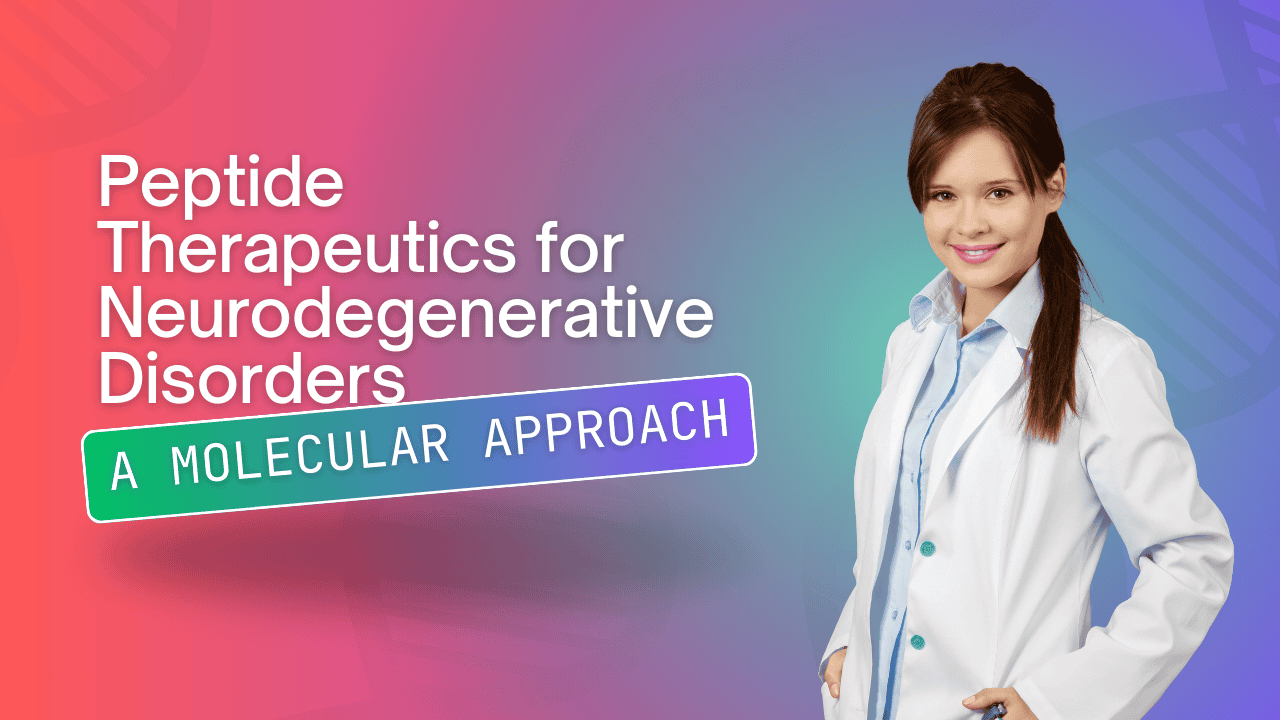
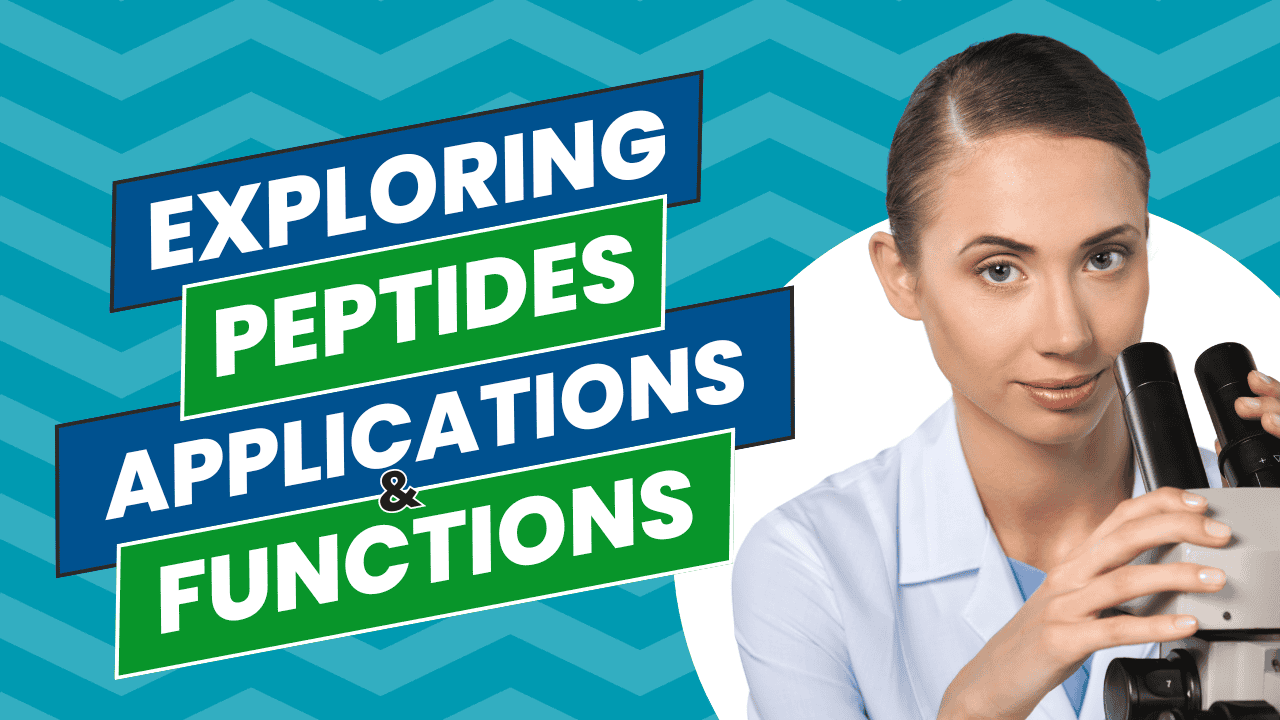
Discount Applied Successfully!
Your savings have been added to the cart.